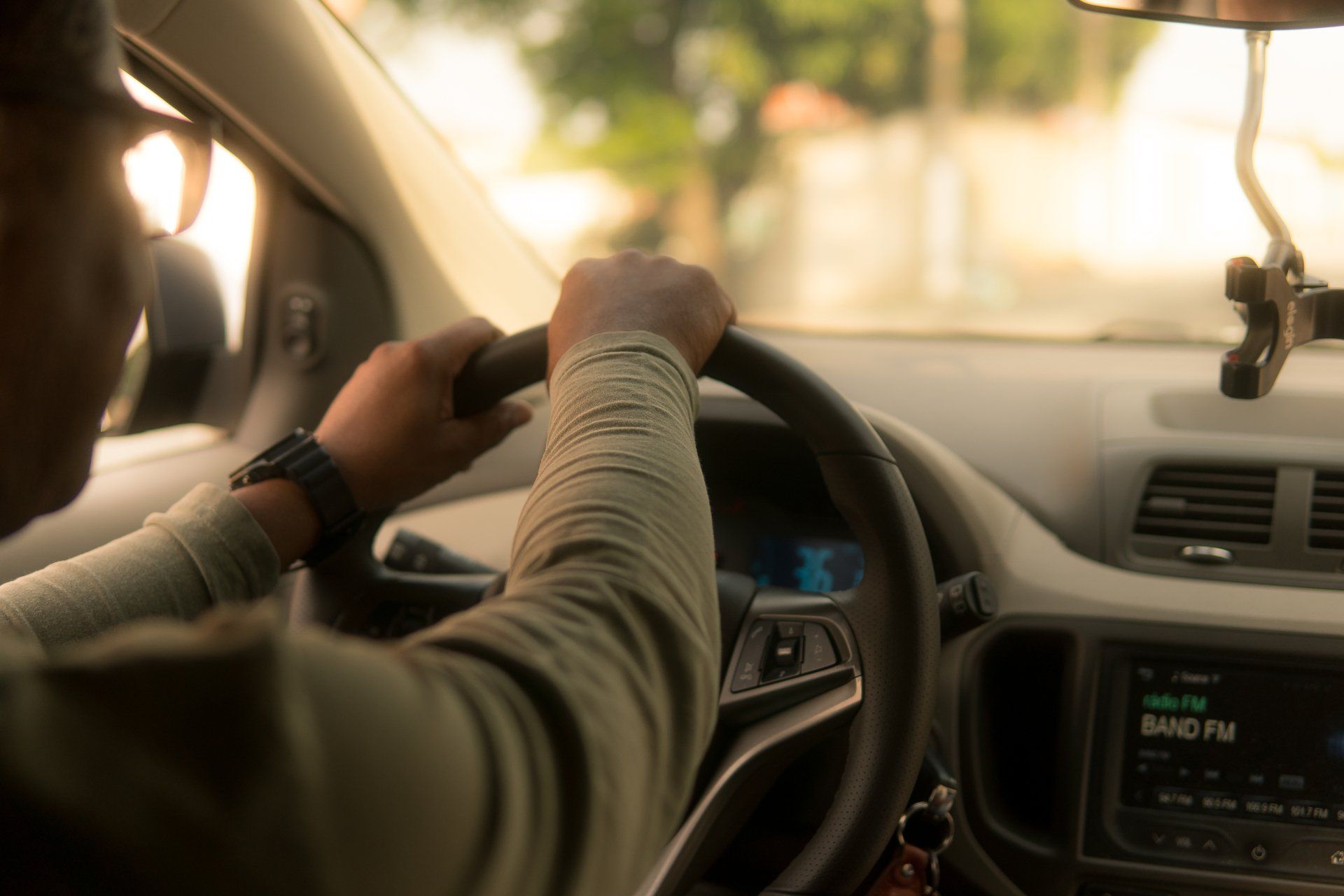Building Stability Through I-130 Family Petitions
Building Stability Through I-130 Family Petitions
For many immigrants, stability in the U.S. isn’t just about having a job or a place to live—it’s about being together with family. The I-130 Family Petition is one of the most powerful tools in immigration law because it helps families reunite and stay together legally. Whether you’re petitioning for a spouse, child, parent, or sibling, the I-130 is the first step toward building a more secure and connected future.
The I-130, officially called the Petition for Alien Relative, is filed by a U.S. citizen or lawful permanent resident to establish a valid family relationship with a noncitizen. For Adjustment of Status, the I-130 is often filed together with the I-485 (Application to Adjust Status) and the I-864 (Affidavit of Support) as part of one complete package. For Consular Processing, however, the I-130 must first be approved before the case moves forward to the National Visa Center and, eventually, a visa interview at a U.S. consulate abroad.
The main purpose of the I-130 is to prove that the family relationship is real. Strong supporting documents are essential and may include birth certificates, marriage certificates, photos together over time, joint leases, joint bank statements, affidavits from family and friends, and proof of regular communication.
It may seem like just paperwork, but behind every I-130 is a deep desire for stability, unity, and peace of mind.
Having your family close brings more than just emotional comfort—it allows you to build a life with shared responsibilities and support. Parents can care for their children without fear of separation. Spouses can plan their futures together. Siblings can reconnect after years apart. Legalizing your loved one’s status can also open the door to work authorization, health coverage, and long-term security.
In an immigration system that can often feel uncertain, the I-130 brings structure and hope. It puts you on a path with timelines, goals, and real legal protections. For many families, it’s the first step toward not just surviving in the U.S., but thriving.
If you're ready to bring your family closer and create a more stable future, filing the I-130 could be your next step. It’s not just a form—it’s a foundation. And you don’t have to do it alone. Our legal team is here to guide you through every step of the process with clarity and compassion.
Wheeler Law is available to answer any other questions you may have, and/or help you take the next steps to your, or your loved ones, future. At Wheeler Law, we find creative solutions to break down the barriers holding you, or a loved one, back from obtaining legal status in the United States. Call us now to schedule a consultation: (602) 586-5625.
Follow us on
social media
for more tips about family-based petitions.







